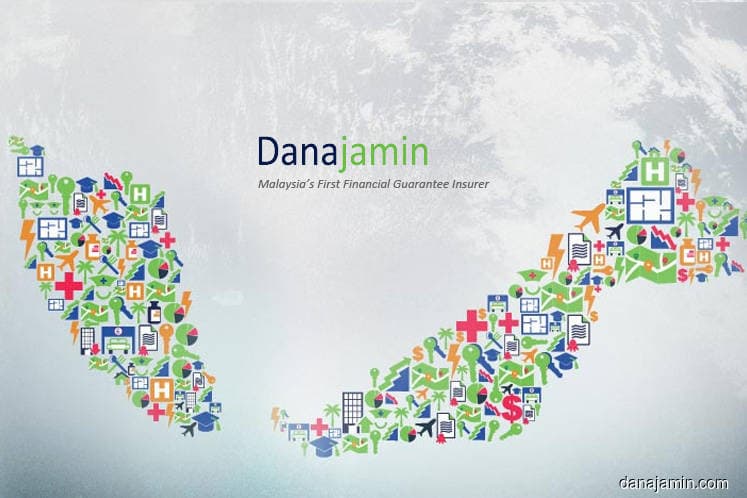
This article first appeared in The Edge Financial Daily on March 19, 2018
KUALA LUMPUR: Danajamin Nasional Bhd will guarantee up to RM150 million unrated medium-term seven-year notes issued by Eco Botanic Sdn Bhd, a subsidiary of Eco World Development Group Bhd, in a maiden move by the state-owned financial guarantor into unrated bonds.
Danajamin chief executive officer Mohamed Nazri Omar said increasing the variety and diversify of the Malaysian bond market is the way forward as Malaysia’s debt capital market is already currently one of the largest and deepest in Southeast Asia.
“I think because we have gone so far, investors’ knowledge and savviness to make their call on whether rated or not and how to price it, are good enough. If you have a nascent market, where it’s not very liquid, with just a few players where not everyone knows how best to price it, then you may have a problem.
“So I think from the Malaysian market’s point of view, it’s great in terms of development as it shows we are moving on to the next level.”
In an interview, he emphasised an unrated bond does not mean it is a junk bond.
Nazri also maintained that the credit risk the government-backed guarantor assumes would not [necessarily] increase when it guarantees unrated bonds.
“To me, it’s still about taking on the credit risk of clients. Whether or not the bond is traded next day or the next month, it has no impact on me. But if a client defaults, that will have an impact on me. So, I will look at a client who is unrated today no different from a client who is rated.
“Even for an investor, the risk is also no different from a rated or unrated bond guaranteed by Danajamin.”
Nazri said the reason why some issuers would choose the unrated route for bonds is because investors are comfortable enough with Danajamin’s guarantee.
“It depends on the issuer and investor. If the investor still requires confidence in the issuer, the issue will still come to us for [a] guarantee. It’s just that the bond won’t be an AAA grade but instead it will be an unrated guarantee.”
Besides unrated bonds, Nazri said Danajamin is also looking to bring more diversity to the market through AA and A grade bonds with partial guarantees.
Last year, it did a partial guarantee with SkyWorld Capital Bhd, warranting a credit-enhancement facility for Tranche 1 of a 12-year RM600 million sukuk musharakah medium-term note programme (IMTN). Tranche 1 of the IMTN was accorded an AA3/stable rating by RAM Rating Services Bhd.
“Now, we want to see if we can do an A rated bond where we partially guarantee it and there’s still take-up for it. We need to find the right client, and potential investors with the lead arrangers to make sure that it is priced appropriately. We can do our part but we need other market players for this to take off. It’s part of market development in terms of rating diversity.”
But he acknowledged that more work needed to be put in to increase demand for single A rated bonds, noting the main issue with such bonds was liquidity rather than credit risk.
While the price would make a single A rated bond worth purchasing, the lack of liquidity means that investors would likely have to sell at a loss should the need arise.
“No matter what coupon rate an investor gets, selling at a loss would offset the coupon generated. The risk appetite of investors is skewed towards AA-rated bonds. It is not because they don’t want to [buy single A papers] but they worry about having to sell down at a loss. It is the fear of liquidity,” he observed.
For single A papers to gain more acceptance among investors, Nazri said that it would require the initiation of regulators, bankers and the issuers. “Investors need to see that post issuance, they are not out of the money when they trade. When that happens, it will build confidence.”
Beginning 2017, unrated bonds became tradable and transferable upon the approval of regulators.
The removal of mandatory bond ratings was first announced by Prime Minister Datuk Seri Najib Razak in 2014 as a move to liberalise the financial sector and deepen the corporate bond market while creating different avenues for investors and issuers to tap the capital market.
This is in contrast to Singapore’s bid to encourage the rating of corporate bonds to promote transparency. But the city state does not have a mandatory bond rating regulation.